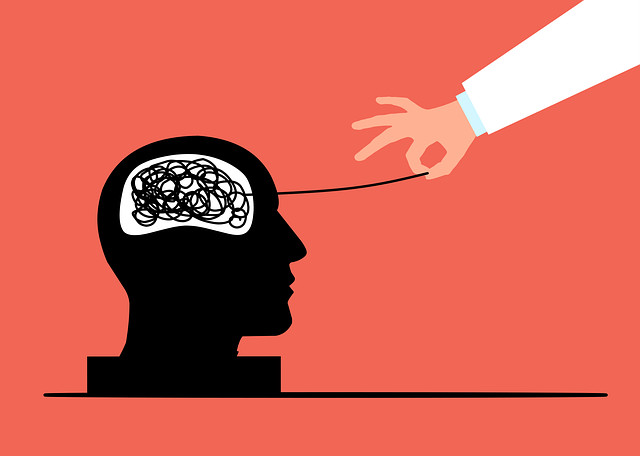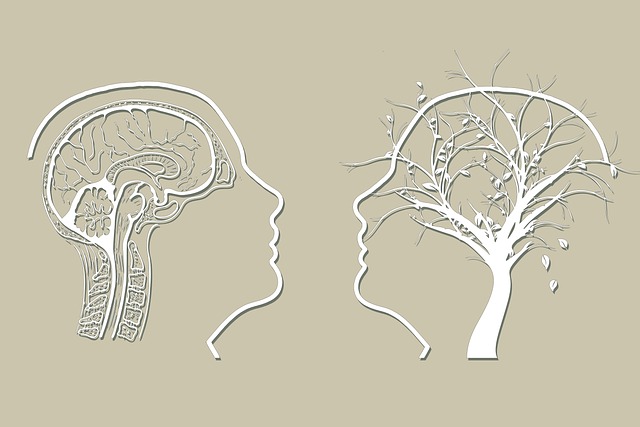Mental wellness apps are gaining popularity as accessible, convenient, and personalized solutions for managing emotional well-being in today's fast-paced world. These apps, like Broomfield Psychological Testing Therapy, offer discretion, flexibility, and evidence-based techniques such as CBT and mindfulness practices. They empower users to take charge of their mental health through features like mood tracking, meditation guides, educational resources, social components, and mental health education programs. The development process includes a well-defined concept, thorough research, intuitive design, integration of effective practices, and user feedback gathering. Marketing strategies focus on tailored features, engaging content, gamification, rewards, and risk assessment for safety and user retention.
In today’s fast-paced world, mental wellness apps are transforming the way individuals access support. With an increasing demand for accessible and discrete care, understanding the need for these applications is more crucial than ever. This article explores the key components of effective mental health apps, inspired by Broomfield Psychological Testing Therapy, delving into their development process, marketing strategies, and user engagement techniques to promote better mental health and well-being.
- Understanding the Need for Mental Wellness Apps
- Key Features and Components of Effective Apps (Broomfield Psychological Testing Therapy)
- Development Process: From Concept to Launch
- Marketing and User Engagement Strategies for Mental Health Apps
Understanding the Need for Mental Wellness Apps

In today’s fast-paced and often stressful world, mental wellness is a paramount concern, leading to an increased demand for accessible and convenient solutions. This is where mental wellness apps step in as powerful tools to support individuals in managing their emotional well-being. With the rise of digital technology, many people are turning to mobile applications as a means to improve their mental health, offering discretion, flexibility, and personalisation.
The need for these apps is evident, especially considering the impact of psychological issues on daily life. Broomfield Psychological Testing Therapy highlights the growing recognition of mental health as a critical aspect of overall well-being. Apps focused on mood management and self-care routine development provide individuals with strategies to cope with stress, anxiety, and depression, empowering them to take charge of their mental health. Furthermore, these digital tools can facilitate risk assessment for mental health professionals, enabling early interventions and better patient outcomes.
Key Features and Components of Effective Apps (Broomfield Psychological Testing Therapy)

Effective mental wellness apps, like Broomfield Psychological Testing Therapy, are designed with a multifaceted approach to support users’ mental health. Key features include personalized therapy plans tailored to individual needs, incorporating evidence-based techniques such as cognitive-behavioral therapy (CBT) and mindfulness practices. These apps often offer a range of tools like mood tracking, meditation guides, and educational resources on various mental health topics.
The best apps also integrate social components, promoting peer support through online communities or direct messaging features. Social skills training modules can help users build connections and enhance their interpersonal abilities. Additionally, incorporating mental health education programs designed to raise awareness, challenge stigma, and provide practical coping strategies is vital. These components collectively contribute to a comprehensive app experience that not only prevents depression but also fosters overall mental wellness.
Development Process: From Concept to Launch

The development process of a mental wellness app begins with a clear concept and robust research phase. This involves understanding the target audience’s needs and identifying the unique value proposition—for instance, focusing on resilience building through tailored exercises or incorporating Broomfield psychological testing for personalized therapy recommendations. The design phase is crucial in creating an intuitive user interface that fosters emotional healing processes and promotes positive thinking.
As development progresses, developers integrate evidence-based practices and therapies, ensuring the app’s effectiveness and reliability. Testing across various devices and platforms is essential to guarantee a seamless user experience. Quality assurance checks for bugs and security vulnerabilities are also critical components of this phase. Once ready, the app undergoes a soft launch, allowing early adopters to provide feedback before its official release, where it becomes accessible to a broader audience in need of emotional support and healing.
Marketing and User Engagement Strategies for Mental Health Apps

Marketing and user engagement strategies are pivotal for mental wellness apps to thrive in a competitive market. To stand out, apps should offer unique features that cater to specific niches within the broader mental health landscape. For instance, incorporating Broomfield psychological testing and therapy techniques can attract users seeking evidence-based practices. Effective marketing involves leveraging digital channels like social media and content creation to raise awareness about the app’s benefits.
Engaging users requires more than just downloading the app; it necessitates creating a community centered around mental wellness. Implementing interactive features such as daily self-awareness exercises and promoting mind over matter principles can foster user loyalty. Additionally, professionals should consider a risk assessment strategy to ensure user safety, particularly when dealing with sensitive mental health issues. Engaging users through gamification, rewards systems, and personalized feedback loops can significantly enhance long-term adherence.
Mental wellness apps, such as those embodying Broomfield Psychological Testing Therapy principles, are transforming access to support. By integrating key features like personalized assessments, evidence-based therapies, and engaging interactions, these digital tools offer convenience and discretion for users seeking mental health resources. Effective development, grounded in user needs and guided by marketing strategies tailored to this sensitive market, ensures these apps not only reach but also positively impact a wide audience. With ongoing refinement and research, mental wellness apps like Broomfield Psychological Testing Therapy have the potential to revolutionize self-care and mental health management.














